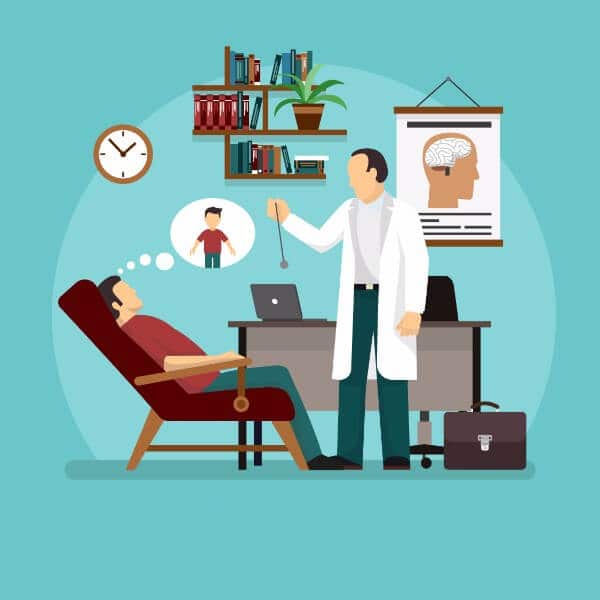Online therapy (also called, teletherapy, or e-therapy) describes the different ways a professional counselor or therapist can work with you online or over the phone. If you want to get online therapy then visit https://www.bmsalignment.com/.
This may consist of emotional support, mental health counseling, or the same professional services clients receive in face-to-face therapy. This can be as short as a question or an ongoing conversation. This can be done in the form of an email, chat, video, or even a phone over the Internet (Voice over IP).

Online therapy differs from classic face-to-face psychotherapy. Some people do not do well. However, there is mounting evidence that it is very effective for some people. Australian researcher Gavin Andrews recently published a study in the Australian and New Zealand Journal of Psychiatry showing that Internet-based therapy is as effective as traditional approaches to treating depression.
It's also important that more people need treatment than those who receive it. For many, the stigma associated with seeking treatment for mental illness remains a barrier or trust issue that makes it difficult to sit down with someone and provide personal information.
Online therapy can also feel safer or be a good first step for those who feel overwhelmed by the prospect of help and the trust risks that come with it. For example, many assault survivors report that they fear seeing a therapist in person, at least in the early stages of recovery. Getting treatment online can be less difficult for them than getting the security and knowledge in their own home.
When considering online therapy, it is important to consider potential benefits and problem areas. The following list is not exhaustive, but we hope they give you some guidance.
